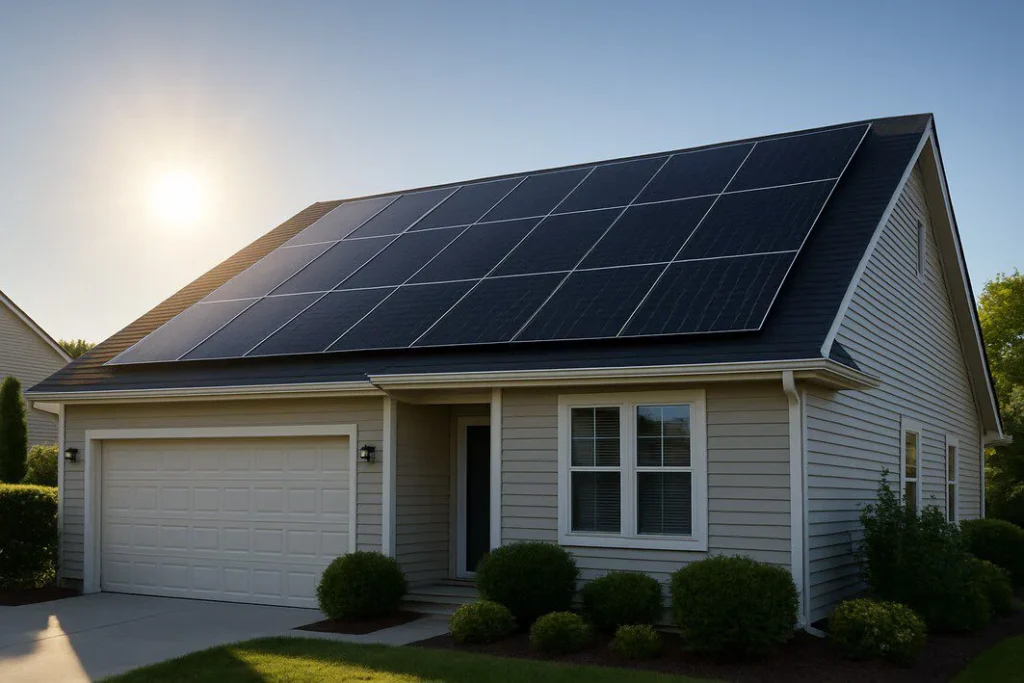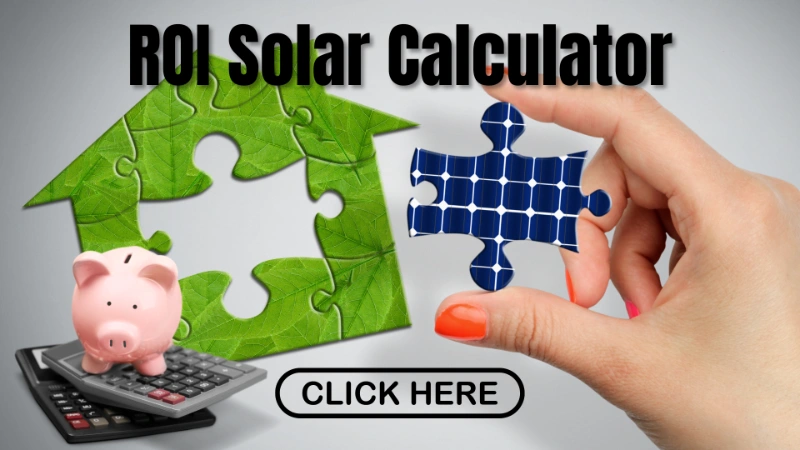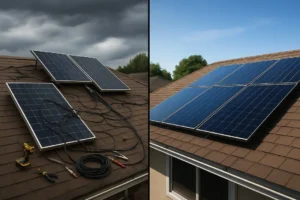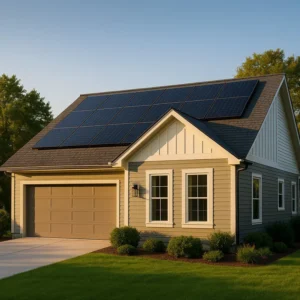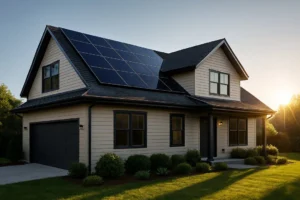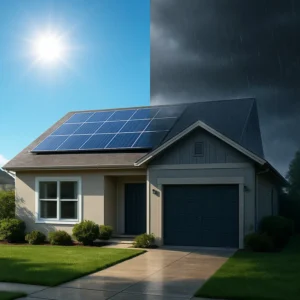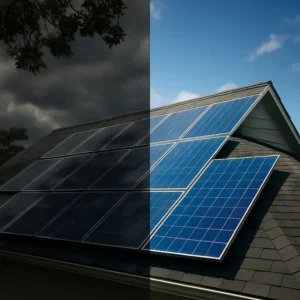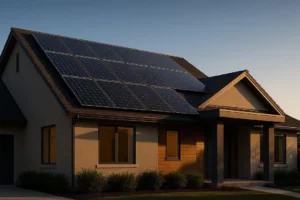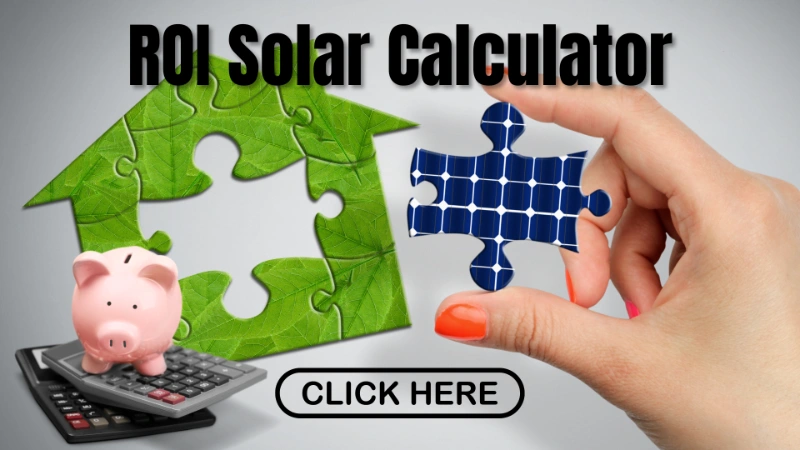Understanding the cost of going solar is the first major step for any homeowner considering a switch to clean energy. While the long-term savings are significant, the upfront investment is a crucial factor in your decision. The good news is that prices have become more accessible, and with the right information, you can navigate the process with confidence. This guide provides a complete solar panel installation cost breakdown to help you plan your investment for 2025.
Table of Contents
- What is the Average Solar Panel Installation Cost in 2025?
- A Detailed Solar Panel Installation Cost Breakdown
- Key Factors That Influence Your Final Solar Panel Quote
- The Impact of Solar Incentives, Tax Credits, and Rebates
- What About Tesla Solar Panel Installation Cost?
- How to Get an Accurate Solar Panel Quote for Your Home
- Is Investing in Solar Panels Worth It in 2025?
At RenewGenius, we believe in empowering homeowners with our comprehensive solar knowledge base. This guide is designed to demystify the pricing, explain what goes into a solar panel quote, and help you understand the true value of generating your own power.
What is the Average Solar Panel Installation Cost in 2025?
Nationally, the average solar panel installation cost for a typical residential system in 2025 ranges from $17,000 to $25,000 before any tax credits or incentives are applied.
However, it’s more common in the industry to talk about price on a per-watt basis. The average cost is typically between $2.80 and $3.50 per watt. Therefore, a standard 7-kilowatt (7,000-watt) system would fall squarely within that price range.
Keep in mind, these are just averages. The final cost for your specific home will depend on several unique factors, which we will break down next.
A Detailed Solar Panel Installation Cost Breakdown
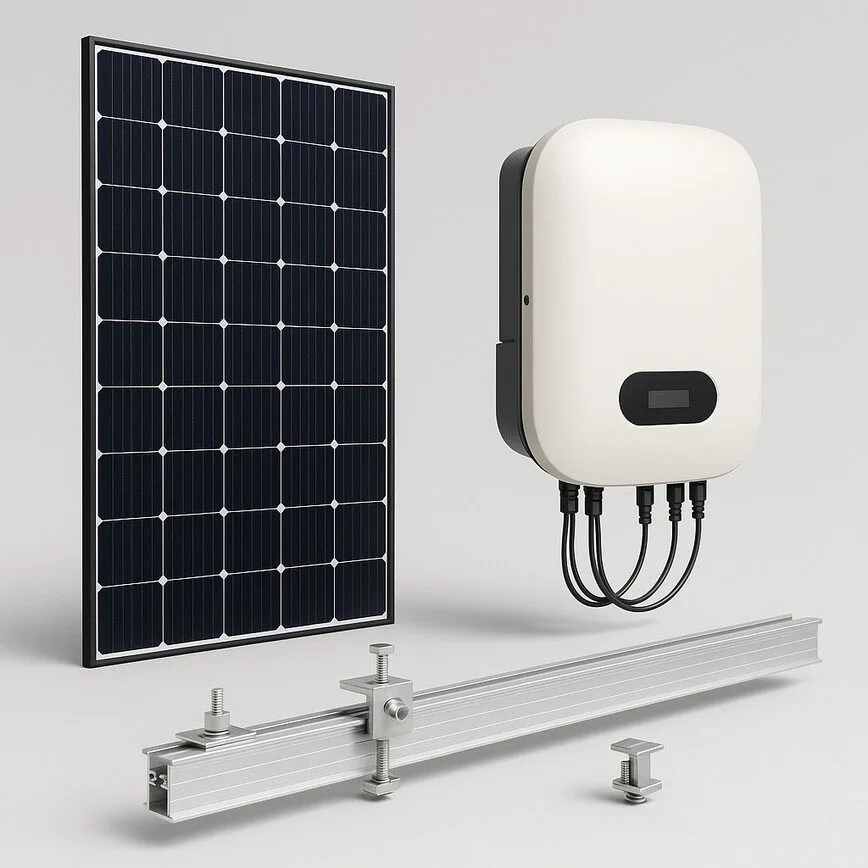
When you receive a solar panel quote, it’s more than just the price of the panels themselves. The total cost is a sum of several essential components and services:
-
Solar Panels (The Hardware)
The panels themselves account for roughly 25-30% of the total cost. The price varies based on the brand, efficiency, and type of panel (e.g., monocrystalline panels are typically more efficient and slightly more expensive than polycrystalline panels). Higher efficiency means you might need fewer panels to generate the same amount of power, which can be ideal for smaller roofs.
-
Inverter Costs
The inverter is the brain of your solar system, converting the direct current (DC) electricity your panels generate into alternating current (AC) electricity your home can use. This component can represent 10-15% of the total cost. You’ll choose between string inverters, which are the most cost-effective, and microinverters or power optimizers, which offer better performance in partially shaded conditions but come at a higher price.
-
Racking and Mounting Equipment
This is the framework that securely fastens the solar panels to your roof. The cost depends on the type of roof you have (shingle, tile, metal) and the complexity of the mounting system required.
-
Labor and Installation Fees
Labor is a significant portion of the total solar panel installation cost, often making up 20-30% of your quote. This covers the wages for the certified electricians and installers, project management, and the physical work of setting up your system. The quality and experience of your installation team are critical for a safe and effective system.
-
Permitting and Inspection Fees
Before installation can begin, your installer must obtain permits from your local municipality. After the installation is complete, the system must be inspected to ensure it meets all safety and electrical codes. These fees vary by location but are a necessary part of the process.
Key Factors That Influence Your Final Solar Panel Quote
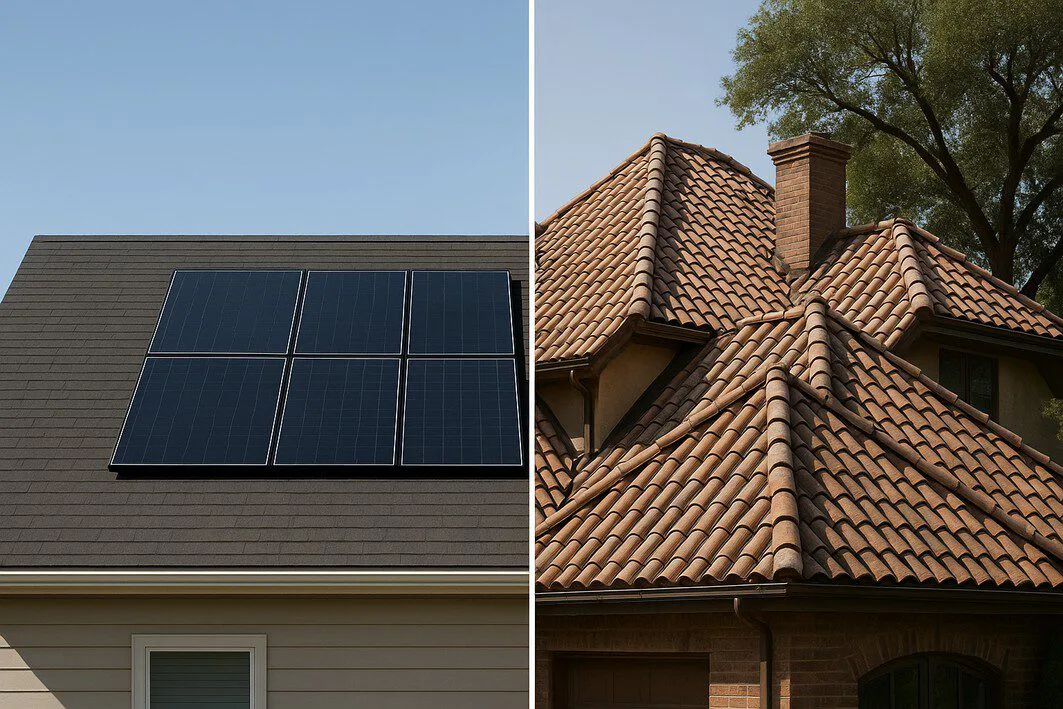
No two solar projects are exactly alike. As specialists focused on residential solar solutions, we know that a personalized quote is essential. Here are the main variables that will impact your final price:
-
Your Home’s Energy Consumption
The more electricity you use, the larger the system you’ll need to offset your bills. We analyze your past utility bills to design a system that is perfectly sized for your family’s energy needs, ensuring you don’t overpay for a system that’s larger than necessary.
-
Roof Characteristics (Size, Angle, and Material)
An ideal roof for solar is south-facing with a standard pitch and minimal obstructions. Complex rooflines, steep pitches, or materials like slate or tile can increase labor costs due to the additional time and care required for installation.
-
Geographic Location
Where you live matters. Local labor rates, the amount of peak sunlight your area receives, and the availability of local and state-level incentives all play a role in the final cost and your return on investment.
The Impact of Solar Incentives, Tax Credits, and Rebates
Incentives can dramatically reduce your net solar panel installation cost. The most significant is the federal Residential Clean Energy Credit, which allows you to deduct 30% of the total system cost from your federal taxes. Many states, local governments, and utility companies offer additional rebates or performance-based incentives that can lower your costs even further.
To see how these incentives affect your potential savings, you can use an ROI calculator to project your long-term financial benefits.
What About Tesla Solar Panel Installation Cost?
Many people are familiar with the Tesla solar panel installation cost due to the company’s high profile. Tesla often offers standardized system sizes at competitive prices. However, their one-size-fits-all approach may not be the best fit for every home’s unique energy profile or roof structure. It is always recommended to get multiple quotes from various installers, including local specialists who can provide a more customized and hands-on experience from design to installation.
How to Get an Accurate Solar Panel Quote for Your Home
Getting a precise quote is a straightforward process:
- Gather Your Information: Have your last 12 months of electricity bills handy. This data is the foundation for designing a system that meets your needs.
- Schedule a Consultation: A reputable installer will offer a free, no-obligation consultation. They will assess your roof, analyze your energy usage, and discuss your goals.
- Review the Proposal: The quote should provide a clear solar panel installation cost breakdown, including the equipment to be used, total wattage, estimated energy production, and total cost before and after incentives.
During this process, it’s also helpful to learn what happens after you sign the contract. You can get a clear picture by understanding the step-by-step journey of a residential solar installation.
Is Investing in Solar Panels Worth It in 2025?
Absolutely. Despite the upfront investment, a solar panel system is one of the best home improvements you can make. It protects you from rising electricity rates, increases your property value, and reduces your carbon footprint.
By understanding the solar panel installation cost, you can make an informed choice that pays dividends for decades. With our comprehensive solar knowledge base and focus on homeowner education, RenewGenius is here to help you every step of the way.

